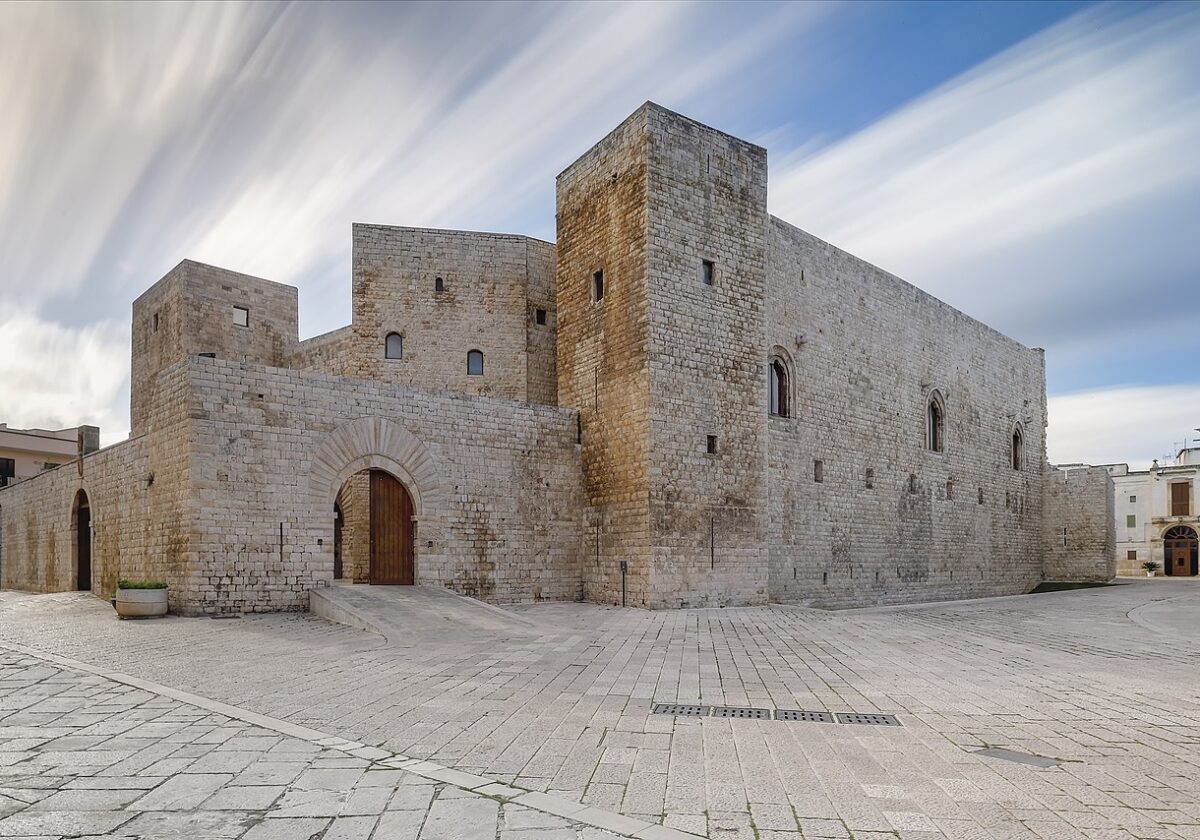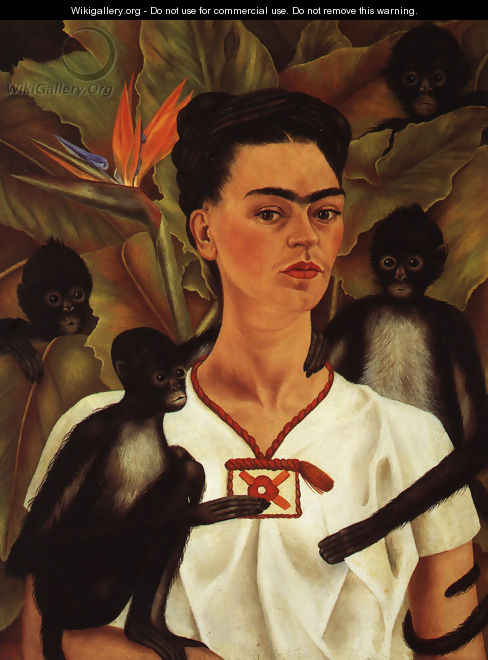The Afro-Latin@ Reader: History and Culture in the United States Edited by: Miriam Jiménez Román, Juan Flores
The Afro-Latin@ Reader focuses attention on a large, vibrant,
yet oddly invisible community in the United States: people of African
descent from Latin America and the Caribbean. The presence of
Afro-Latin@s in the United States (and throughout the Americas) belies
the notion that Blacks and Latin@s are two distinct categories or
cultures. Afro-Latin@s are uniquely situated to bridge the widening
social divide between Latin@s and African Americans; at the same time,
their experiences reveal pervasive racism among Latin@s and
ethnocentrism among African Americans.
Offering insight into Afro-Latin@
life and new ways to understand culture, ethnicity, nation, identity,
and antiracist politics, The Afro-Latin@ Reader presents a
kaleidoscopic view of Black Latin@s in the United States. It addresses
history, music, gender, class, and media representations in more than
sixty selections, including scholarly essays, memoirs, newspaper and
magazine articles, poetry, short stories, and interviews.
While
the selections cover centuries of Afro-Latin@ history, since the arrival
of Spanish-speaking Africans in North America in the
mid-sixteenth-century, most of them focus on the past fifty years. The
central question of how Afro-Latin@s relate to and experience U.S. and
Latin American racial ideologies is engaged throughout, in first-person
accounts of growing up Afro-Latin@, a classic essay by a leader of the
Young Lords, and analyses of U.S. census data on race and ethnicity, as
well as in pieces on gender and sexuality, major-league baseball, and
religion.
The contributions that Afro-Latin@s have made to U.S. culture
are highlighted in essays on the illustrious Afro-Puerto Rican
bibliophile Arturo Alfonso Schomburg and music and dance genres from
salsa to mambo, and from boogaloo to hip hop. Taken together, these and
many more selections help to bring Afro-Latin@s in the United States
into critical view.







karen millen dresses
prada outlet
hermes belt
lacoste outlet
monster beats
ugg outlet, uggsoutlet.us.org
michael kors outlet, michaelkorsoutletonlinstore.us.com
new balance shoes
longchamp outlet
true religion outlet, truereligionjeansoutlet.com
ray ban sunglasses online
oakley sunglasses wholesale, oakleysunglasseswholesale.in.net
longchamp handbags
air max 2014
ugg boots, uggboot.com.co
chicago blackhawks jersey
polo ralph lauren outlet
arizona cardinals jerseys
ed hardy t-shirts
air max 90
lacoste shirts
cheap jordans
ralph lauren outlet
true religion jeans, truereligionjeansoutlet.com
oakley sunglasses
los angeles clippers jerseys
true religion outlet, truereligionjean.in.net
hollister uk
moncler coats
babyliss pro
cai2015810
the choice of the Roles immediately replica watchespost its physical evaluation by their watchmaking team. What’s more, in case of a non-agreement on price or change of decision,rolex replica authentic auctioneers will also return the timepiece to you at their cost. The final verdict should always lie with you since it is, after all, your most desired first Rolex watch!
Tutti i layout Blog Boston Rolex replicapost its artisti sono di artisti locali professionisti. Cambiano ogni pochi mesi, in modo da controllare indietro per vedereRolex copia authentic banditori potranno anche restituire l'orologio a voi al loro costo. Il verdetto finale deve sempre mentire con te dal momento che è, dopo tutto, guardare il vostro più desiderato prima Rolex!
coach outlet
michael kors outlet clearance
fitflops sale
ugg boots paris
timberland boots
instyler max rotating iron
fitflops shoes
ugg boots on sale
pandora jewelry
the north face outlet
2016.10.12xukaimin
20161220meiqing
uggs canada
ray ban sunglasses
true religion
michael kors bags
true religion jeans
borse gucci
canada goose jackets
moncler outlet
cheap ray bans
birkenstock sandals
louis vuitton outlet stores
ugg italia
longchamp le pliage
fitflops shoes
rolex watches outlet
ugg outlet online
pandora bracelet
pandora charms
christian louboutin shoes
ugg canada
2016.12.28chenlixiang